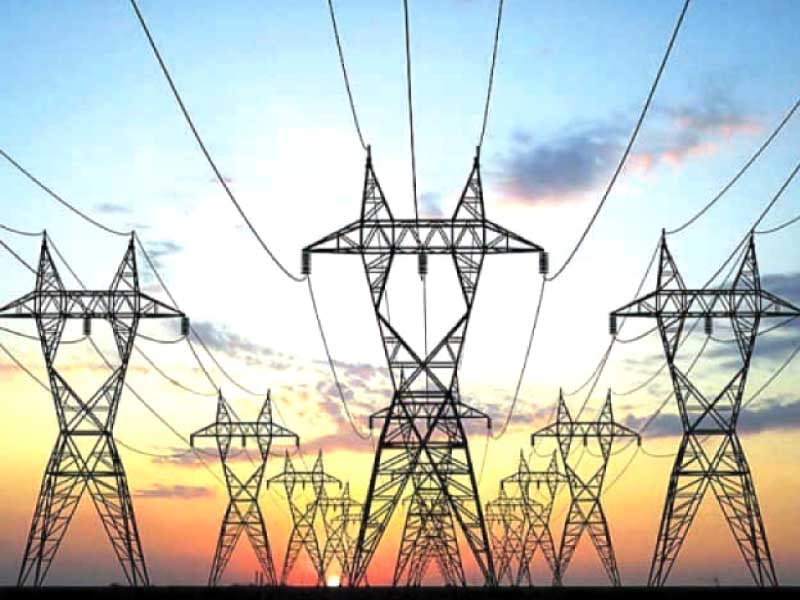
Earlier, the courts had ruled that the direct registration of FIRs with police by the power distribution companies without first filing a complaint with the court - a sessions court in this case - was void and arrests made by the police in that regard were unlawful.
The cabinet, in a meeting held on Tuesday this week and chaired by Prime Minister Imran Khan, approved amendment to a law that made electricity theft a cognisable offence but it would be subject to a condition that relevant information was provided to the police in writing by a grade-17 officer of the government or the distribution company.
However, according to officials, officers of the distribution companies were already corrupt and were found harassing the honest consumers who had been paying their electricity bills regularly.
Earlier, the police or distribution companies' officials could not harass the consumers as they had to take the permission of a sessions court for taking action against an accused. Now, both institutions - which are considered heavily corrupt - may harass the honest consumers, the officials said, while pointing to recent reports of harassment by the distribution companies.
"These companies are making additional recoveries by harassing honest consumers on the pretext of detention charges and estimated bills following pressure from the federal government," an official said, adding that Multan Electric Power Company (Mepco) was allegedly the worst company where officials were making phone calls to the consumers apparently to take a bribe.
A report circulating on social media revealed that Mepco had slapped additional charges on 13 consumers and the Power Division took action in that regard.
The Power Division had earlier sent the draft Criminal Law (Amendment) Ordinance 2019 to the Law Division for examination. At that time, the National Assembly was in the session and the Senate session had also been convened. Now, after approval of the cabinet, the federal government may promulgate the ordinance in order to grant unfettered powers to officials of the distribution companies.
The Power Division had proposed the amendment in a bid to control electricity theft across the country. Owing to the theft, the distribution companies were finding it impossible to fully recover electricity bills in areas where the theft level was high.
This posed a big challenge to the government which was eager to recover the full cost of power generation. Owing to the shortfall in bill recoveries, the government was compelled to dole out billions of rupees in subsidy for the electricity consumers.
In a statement issued on Thursday, the Power Division boasted a record increase of Rs19.95 billion in the recovery of electricity bills, 1.46% reduction in line losses and 3% increase in electricity sale in the first month - July - of the current fiscal year.
According to data released by the Power Division, a considerable increase of Rs19,950 million had been recorded in revenues in July 2019 compared to the same month of the previous year.
Total consumer bills of Rs156 billion were generated by the distribution companies, of which Rs136 billion (without subsidy) was recovered in July 2019. This indicates that efforts against power theft and defaulters are bearing fruit.
The number of electricity units received by the distribution companies also increased from 12,938 million units to 13,332 million units in July 2019, a year-on-year increase of 394 million units.
The increase in the flow of electricity reflected enhancement in the transmission and distribution capacity and the billing of electricity units either stolen or remained unaccounted for. The increase in recoveries, on the other hand, pointed to the strengthening of the fiscal health of the power sector.



1732623521-0/bitcoin-(1)1732623521-0-165x106.webp)













COMMENTS
Comments are moderated and generally will be posted if they are on-topic and not abusive.
For more information, please see our Comments FAQ